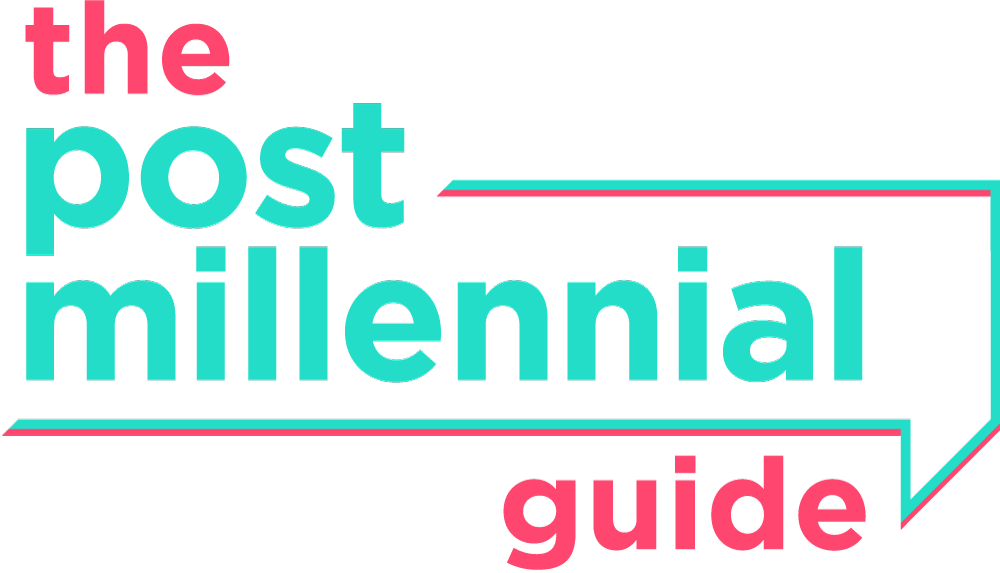Technology is part of our lives.
And that is how it is.
Technology is, indeed, incredible.
We can search for information and exchange communication with others about everything and anything. It allows us to communicate with family and friends in real-time, even when one of us is across the globe. The businesses selling products and services can customize our experience to present what we want and clear the mess from other things we don't care about. We can buy any item we want and pay bills without leaving the house.
A portion of people never stepped into the office to get the work done and collect their paycheck.
That is all super, yet we have some issues to face that come with all these benefits our technology achievements made possible.
That same technology can leave a bitter taste in our mouths. Why? Because it also enables extensive collecting of our seemingly private conversations' contents.
Furthermore, it allows data clearinghouses to catalog and form an extremely comprehensive profile of you, including personal information you didn't provide willingly but are statistically deduced with alarming accuracy based on the large amounts of customer data they hold.
What can you do about it then? We will open a series of posts related to online privacy and security with the terminology. In this post, we will focus on the following terms you should know about: privacy, anonymity, pseudonymity.
Are anonymity and privacy the same thing?
Anonymity and privacy - some may use these two terms interchangeably, although they have a different meaning.
Privacy is an integral component associated with humans.
It is our fundamental right and acts as a form of freedom, freedom from interference or invasion.
Having privacy is not having prying eyes on you. It is when what you do remains private and is not observed by others.
Yes, we love to post images and videos of ourselves and show the world how our life is so interesting and exciting. We are even more incredible to others when we show situations that bore us or where we behaved in a goofy, unattractive way.
But, we don't want people to know everything we do on the Internet. Just what we allow them to see.
And indeed, we don't want others to possess information about us we didn't give consent to pass on.
Yet, there are situations where we don't have a choice.
To use the Internet, we have to use the resources that we do not own. We have to use Internet Service Providers, servers owned by websites we visit, or someone else. Again, third parties own all those assets, and we cannot genuinely know and control how our data is handled.
Anonymity is a different concept. Anonymity is when you don't want to hide from other people what you do. They can see your activity; it is not hidden, but not know that it's you doing it, so your identity remains unknown.
What is pseudonymity?
The term pseudonymity is close to anonymity. The difference is that the one who practices pseudonymity uses a name that serves to identify and attribute all actions related to that name.
If you are a member of the Reddit platform or Counter-Strike player, you have picked yourself a username, a name of some sort, that in many cases isn't connected to your first or last name.
Every action and message is tied to the nickname that has become your pseudonymity, so other people can connect your actions with your persona, but not your real identity.
On the flip side, privacy, anonymity, and pseudonymity can be all but beneficial to people around those who exercise them.

The devastating fact is that anonymity also reduces the risk of consequences.
Being anonymous on the Internet provides the ideal camouflage for anyone who has intentions to take actions that will wrong other people, to a less or higher degree. It has become a playground for opportunists and people who engage in harassment or other forms of bullying while hiding behind the screen, knowing that they won't face the consequences for it.
The anonymity fuels trolling and cyberbullying activities, but what is even more dangerous is that it sets the frame for pedophiles and sexual predators to lurk on their victims.
We assume that our readers don't engage in the abovementioned activities.
The burning questions.
For all of you who don't want to use the Internet to promote negativity, hate speech, or harassment of any kind, but instead want to use it for productive identity stories, exploring yourself - the questions that you all have to answer for yourselves are:
- Who has control over information about me?
- Do I trust them to hold that information secret?
- What do I plan to do on the Internet, and should I need to hide behind anonymity or pseudonymity?
- What can I do to minimize the amount of information someone gathers about me?
Once you answer them, you will make a first step toward figuring out what to use and how to behave when going online and whether you wish to act freely in different settings, just like you don't behave in the same way when you're in a classroom and out with friends.


0 Comments